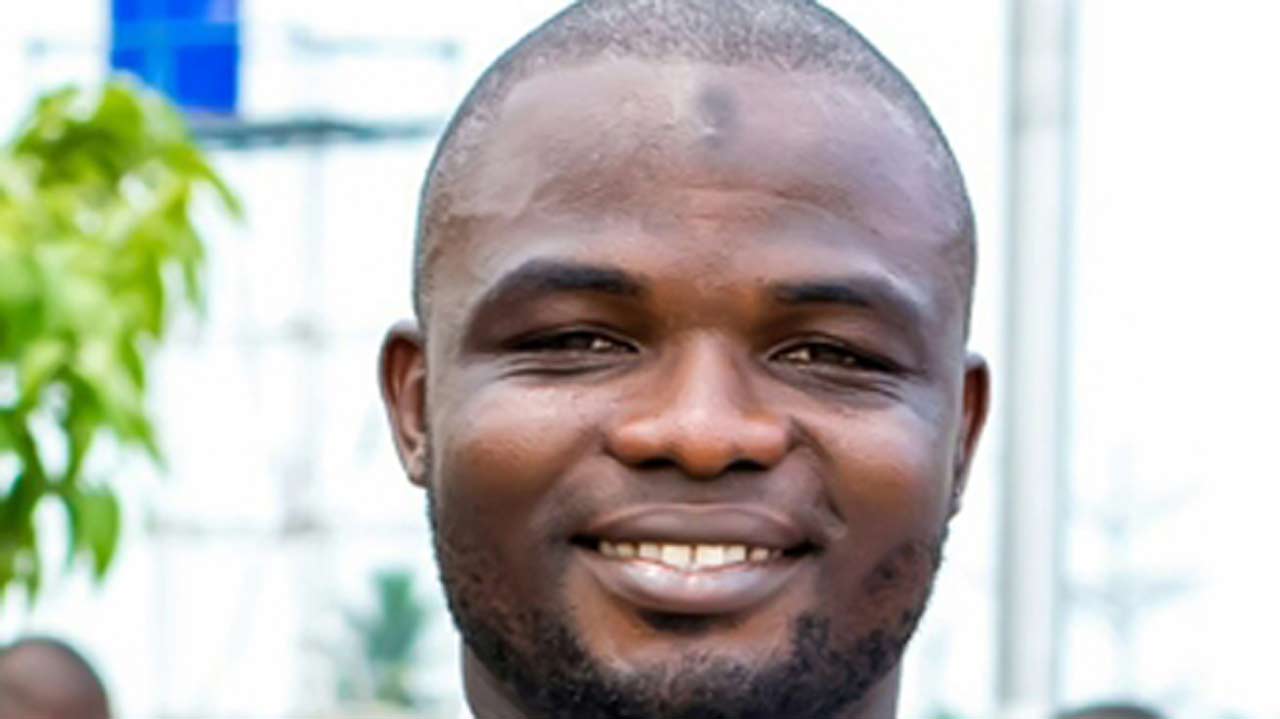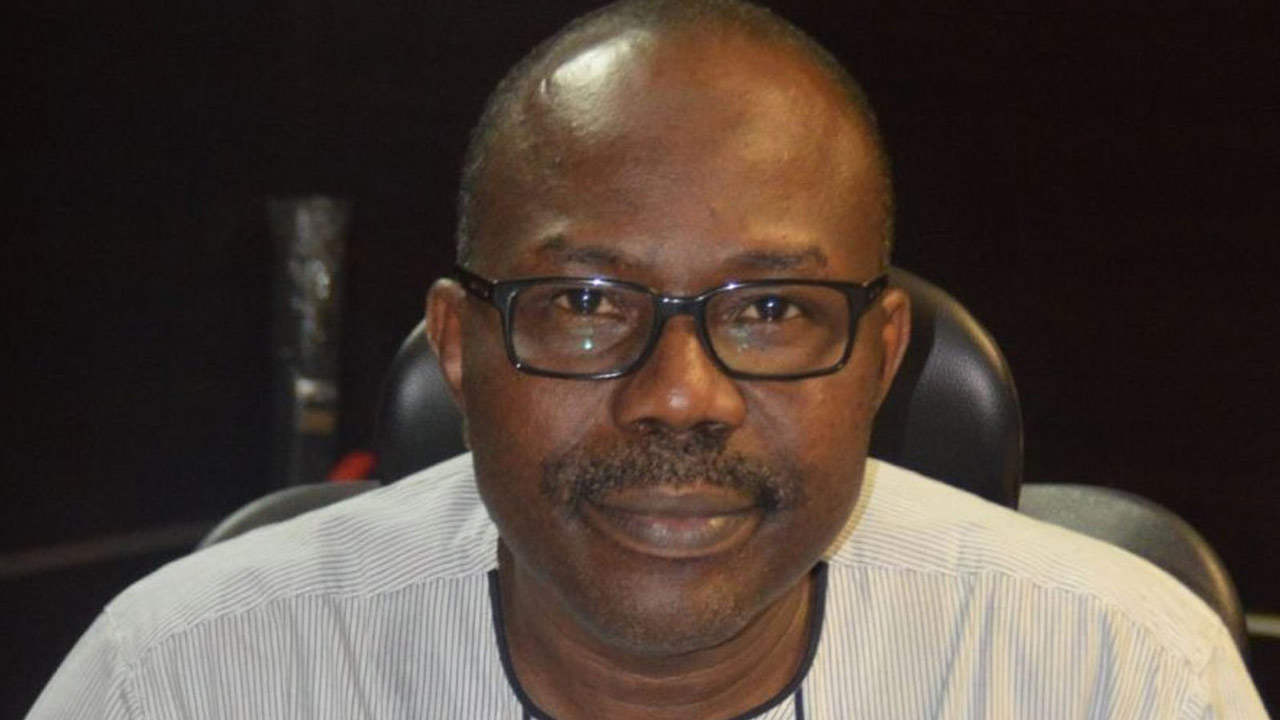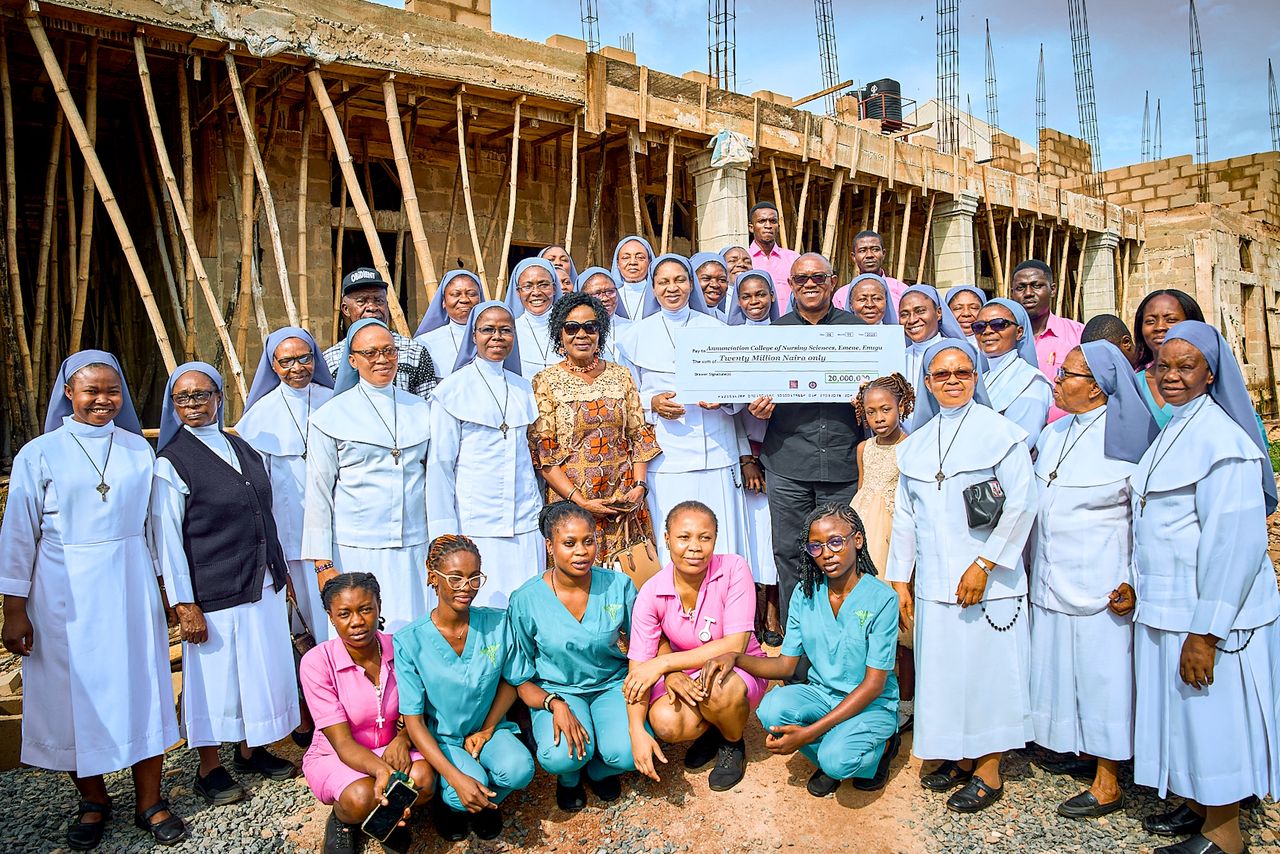
It is no news that corruption has robbed Nigeria of opportunities to develop critical sectors, reduced incentives for investment and increased cost of transactions. Transparency International has consistently rated Nigeria as one of the most corrupt countries in the world. In 2019, Nigeria ranked 34th corrupt nation in the world on yearly corruption perception index.
According to the United Nations (UN), every year, $1 trillion is paid in bribes, while an estimated $2.6 trillion are stolen yearly, a sum equivalent to more than five percent of the global Gross Domestic Product (GDP). “In developing countries, according to the United Nations Development Programme, funds lost to corruption are estimated at 10 times the amount of official development assistance,” UN said.
For decades corruption has remained a complex phenomenon and has thus become a global concern as it continues to undermine socio-economic development and democratic institutions across the world, thereby contributing to political instability. The more the vice is tackled, especially in developing nations, the more seemingly intractable it becomes. The result is that economic and national development are stunted. While the greater number of citizen’s groan in abject poverty, privileged few wallow in stupendous opulence.
The United Nations General Assembly (UNGA) adopted Resolution 58/4, which is the United Nations Convention against Corruption on October 31, 2003 to help fight global graft. The Assembly also designated December 9 as World Anti-Corruption Day to raise awareness about corruption and of the role of the Convention in battling and preventing it. The Convention came into force in December 2005. How these efforts have succeeded in reducing sleaze is in doubt, especially in Nigeria.
“Corruption attacks the foundation of democratic institutions by distorting electoral processes, perverting the rule of law and creating bureaucratic quagmire, whose only reason for existing is to solicit bribes. Economic development is stunted because foreign direct investment is discouraged and small businesses within the country often find it impossible to overcome the ‘start-up cost’ required because of corruption,” the UN had noted.
As the world marked International Anti-Corruption Day, Nigeria was not left out in reviewing her corruption situation this year.
In ‘A Compendium of 100 high profile corruption cases in Nigeria’, (4th edition) published by Human and Development Agenda (HEDA), it was stated that 17 cases out of the 100 high profile matters, accounts for 20 per cent of stolen funds. And they involve former governors of states. 39 per cent involve other government officials, 12 per cent involve former ministers and special assistants to the president, five cases amounting to 3.0 per cent involve senators, while 2.0 per cent of these cases involve judges.
From the research, two of the cases have been opened since 2007, which is 13 years ago. The year with the highest number of cases from inception is 2020 with 22 cases representing 20 per cent and 2018 with 15 cases representing 15.0 per cent. Year 2015 also witnessed the inception of 11 cases amounting to 11 per cent. The date for the inception of 11 of the cases is unavailable, while the others ranged from one to nine cases a year.
The Economic and Financial Crimes Commission (EFCC) prosecuted 80 per cent of these cases, while the Independent Corrupt Practices Commission (ICPC) prosecuted 10 per cent. Data for nine cases was unavailable and the Special Presidential Investigation Panel prosecuted one case for Recovery of Public Properties (SPIPRPP).
Forty per cent of these cases bordered on fraud, 18 per cent on money laundering, while misappropriation accounted for nine per cent. Also, 11 per cent of the cases were on general corruption and the remaining cases were distributed among embezzlement, bribe, election scandal, false declaration of assets, conspiracy and forgery.
Of these cases, 45 per cent are ongoing, 16 percent are pending, six per cent cases were dismissed, while in 10 per cent cases, defendants were sentenced. Nine out of the total cases are still under investigation, while five defendants in the matters have a case of seized properties. In four cases, the defendants were convicted but later discharged; two of the cases are on plea bargain, while three are stalled.
From these cases, a total of about 54 billion dollars have been lost to corruption in Nigeria. The highest cases include $21.1 billion alleged arms fraud diversion from Sambo Dasuki, former National Security Adviser to President Goodluck Jonathan; N919 million National Health Insurance Scheme (NHIS) case involving Usman Yusuf; $700 million fraud involving Haruna Momoh and N396 billion Ecological Fund scandal involving former Secretary to the Federal Government, Senator Anyim Pius Anyim. Others are €2.556 billion fraud indicting Abayomi Kukoyi, Prince Kingsley Okpala (deceased), Prince Chidi Okpalaeze, Prince Emmanuel Okpalaeze and Princess Gladys Okpalaeze (now at large).
It is also worthy of note that a sitting governor, Hope Uzodinma of Imo state has a case of $12 million still open but now claims immunity from prosecution according to the Nigerian Constitution until his tenure as governor ends.
Another is a case of N544.1 million grass-cutting contract scam by former secretary to the Government of the Federation (SGF) Babachir Lawal.
Chairman, HEDA, Olarenwaju Suraju, said many public office holders steal with impunity. According to him, they impede the speedy dispensation of criminal justice and high profile corruption cases, and as a result act with the mentality of ‘just steal as you want’. This, he said, is because it is possible to influence or undermine that administration of criminal justice process with their ill-gotten wealth.

“If measures are not put in place, the existence of the Administration of Criminal Justice Act (ACJA), is unlikely to have much impact as many of the laws are a repetition of some of the acts that preceded it. In addition, some judges are not familiar with its content yet.
“For instance, cases were adjourned from September to February next year, when the Act provides that criminal cases, which get to trial, must go on daily,” Suraju pointed out.
Managing Partner, Malachy Ugwummadu & Co. Chambers, Mr. Malachy Ugwummadu, suggested that Nigeria should develop a legal regime that disapproves corruption from the criminal laws to the economic and financial laws, to the entire framework designed to promote transparency. These legal regimes, he stated, should take place whether in budgeting or policy implementation or implementation of the budget. Others, he said, include award of contracts through the bureau of public enterprise or all public quotations. “We need to seriously look into all laws aimed at transparency in the society,” he declared.
According to him, the next stage is to have effective enforcement mechanisms where law enforcement agencies, particularly economic and financial crimes agencies are empowered to track corrupt activities and prosecute them to serve as a deterrent. Ugwummadu stressed that Nigerian leadership should be up to its responsibility in dealing with the socio economic conditions that lead to corruption to curb the menace. “Presently, there is higher risk of corrupt practices, because the situation in the country, especially unemployment is discouraging.
If there were job placements for all citizens, very few people would be interested in corruption. On closing corruption cases that have been open for years, he explained that it is vital to understand the dynamics of corrupt practices as people who have the capacity to slow down the wheels of justice perpetuate major crimes,” Ugwummadu argued.
He also stressed the need to have a corresponding empowerment for prosecutors.
“For corruption cases, we need to tackle the question of thorough investigation. Investigation of crime is a time consuming exercise. Therefore, the state must devote time and resources to train and equip prosecutors. Technology can help solve a crime in less time than the manual procedure,” he added.

Principal Partner, M.A. Banire & Associates, Dr. Muiz Banire (SAN), stressed the need to cover up all leakages in the Nigerian system. “There are too many leakages in our system. We have to regenerate values, morals and virtues in society. We have to also provide a conducive environment for all those to happen. Judges’ salaries have been static for over 12 years, which is not a sustainable system, giving the financial changes and economic realities that have generally occurred in the last 12 years,” he stated.
Banire also explained the importance of leveraging technology in the fight against graft. Technology, he insisted, must be adopted and the condition of services of judges must be improved. “Education and advocacy is also key. People should be able to connect the implication or the consequences of corruption with their daily life. Also, any penalty given must be strictly followed through and prosecution must be fast,” he suggested.
Associate Professor, Faculty of Law, University of Lagos, Dayo Ayoade, said corruption can be controlled by having strong political will. Tackling corruption, according to him, should not be a sole responsibility of the federal government, but should involve states, local governments and individuals.
“Until society begins to deal with corruption as individuals, then it cannot be resolved. What we need is a bottom-top approach, where the citizens say enough to corruption and refuse to be caught in it. Ayoade noted the need to enthrone good governance and transparency as a way to live a better world for future generations.
Chairman, Young Lawyers Forum, Ikeja Branch, Yusuf Nurudeen, who noted that laws are made for certain purposes, regretted that the experience of Nigeria, has however, indicated that the major challenge has been implementation of laws. “For example, the Economic and Financial Crimes Commission (EFCC) was established because of the endemic corruption in the country, so it can fight specialized corruption. We have at least 17 law enforcement agencies and a lot of laws. But the problem is enforcement of these laws.
“We need to see how these laws can be broken down to achieve pragmatic purposes. It is insane for someone who steals N1000 to have a sentence of seven years imprisonment under the law and one who steals N100 billion takes a plea bargain and gets a lesser prison sentence. It does not commensurate,” he declared.
Nurudeen called on the National Orientation Agency (NOA) to regularly inform citizens on the implication of being unlawful. He added that the importance of understanding the laws will be subject to ensuring that they are also written in local languages, seeing that Nigerian laws are majorly written in foreign language.
National coordinator, Democracy Vanguard, Adeola Soetan suggested special courts for corruption cases as a means to curb it. According to him, since corruption has become a pandemic in the country, it would require comprehensive measures to tackle.
“Corruption has become a pandemic, so we should apply adequate measures to solve it. We cannot rely on conventional courts because they have a lot of cases. Imagine cases opened for 13 years? How do you push such cases to conclusion? If the Investigation Police Office (IPO) is not dead, witnesses would be tired of going to courts, or the judge would be promoted to another court,” he noted.
Soetan also suggested that seasoned legal practitioners should be appointed directly into the bench to head the corruption courts that would be created. “It is not necessary in this case for only judges to preside, we have highly qualified Senior Advocates of Nigeria (SAN) that can be appointed to head such courts,” he said.
He further explained that the issue of corruption should be tackled from its roots and not its effects by ensuring that the environment is not favorable for stealing. “Let those in public offices declare their assets and also earn salaries of average Nigerian workers,” Soetan added.
For legal analyst, Kingsworth Limited, Baraka Danmole, since our legal framework is not updated, Nigeria should learn from foreign countries and update her own. She explained that only Nigerian’s would fix the country, adding that foreign countries cannot interfere in Nigeria on matters of corruption because it is a sovereign nation.
Although President Muhammadu Buhari promised to tackle graft during his campaign, majority of views are that nothing much has been done to keep that promise. From the records, public office holders seem to be in a race to out-do one another in the bid to empty the public till. And unless something drastic is done urgently to tackle corruption and throne transparency in public space, Nigeria’s underdevelopment would worsen, while the rest of the world moves on.





